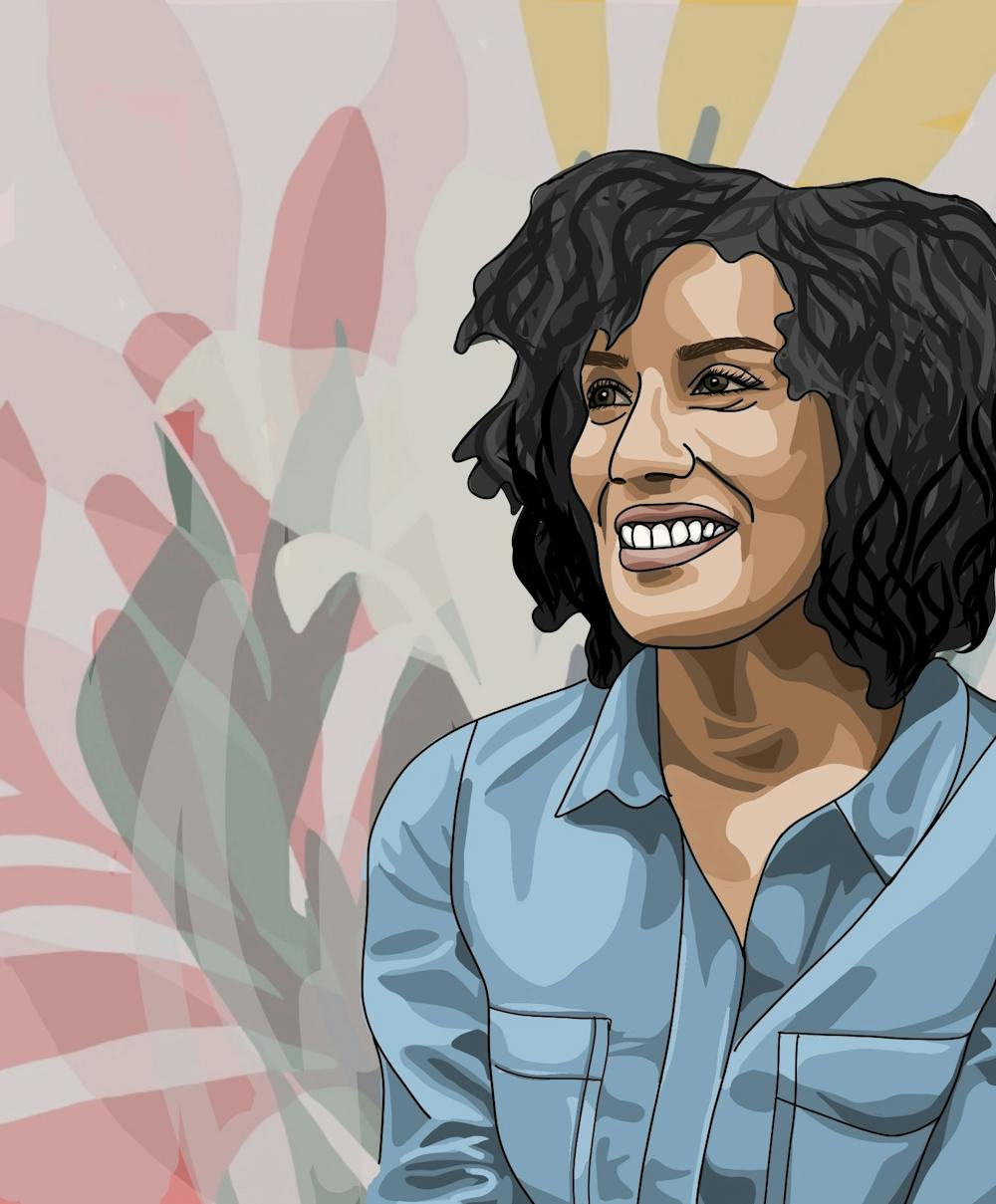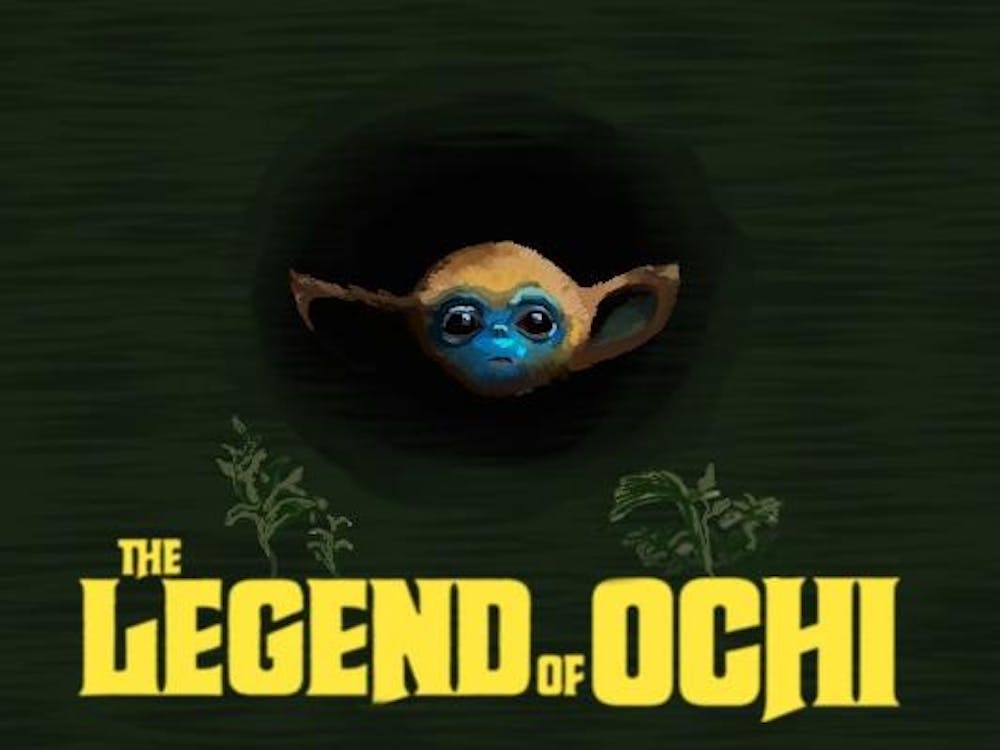Poetry is often intimidating — whether this intimidation stems from learning about poetry in polarizing contexts, nursery rhymes or as high school literature curriculum, for many, poetry is a complex craft to master as a writer or reader. What makes poetry accessible despite this difficulty is studying it, spending time with it and eventually finding the music in it.
For some poets, the musical tendencies of poetry are easier to find, and their pieces more quickly stick with you. This could come from their dedication to studying poetry itself or their inherent genius. Aracelis Girmay is a combination of both.
Girmay’s poetry is the music itself. It does not need immediate translation or study, but a quiet moment with it — to sit in its grasp. Her poems are not completely digestible after one listen or read, but they are musical and iconic in a way that anyone — whether devoted to studying the craft or not — could easily see just how powerful her work is. Her work sticks with you in the way a song might.
Girmay speaks in music. There is no way to listen to or read her poems and not immediately be wrapped within a world of promise, heartache, longing and loss. The best way to describe Girmay’s poetry reading on Wednesday evening on the U.Va. Bookstore’s second floor would be enchanting — enchanting to the point where I was tempted to lean over the balcony and shout to the people making noise below, “How could you ever speak over these words?”
Emily Lawson, a third-year in the poetry MFA program on Grounds introduced Girmay formally and discussed her time as a student under Girmay at Hampshire College. Lawson described Girmay as a celestial spirit, a mentor and someone who encouraged finding ecstasy in writing. One particular moment of ecstasy, Lawson said, was a time when she went swimming with a group of strangers and saw a verse of poetry inked down one stranger’s spine which read — “Oh, body, be held now by whom you love./ Whole years will be spent, underneath these/ impossible stars,/ when dirt’s the only animal who will sleep with you/ & touch you with/ its mouth.” This, of course, is a quote from Girmay’s beautiful poem, “Kingdom Animalia,” in her greater collection by the same name. Girmay’s words are truly the type that you want to tattoo on your skin, memorize syllable for syllable or simply hold with you at all times. Throughout the talk Girmay shared her words not only by reading from her books, but also by signing scraps of paper for audience members following the reading — writing down her email, poetry recommendations, a kind note or all of the above.
Perhaps the most memorable moment of the entire evening — aside from the moments of distinct pause Girmay spends before choosing her words as if each is a gift carefully selected for the audience — was the fifth poem she shared. It was an immediate crowd favorite just from the setup — “For Estefani, Third Grade, Who Made Me A Card.” Upon the first line, Girmay had wrapped the entire audience into her living room, reading a card from a third-grader “learning how to write words.” The only way to truly experience the magic of this poem without spoiling it entirely is to listen to it.
By the end of the poem, the entire crowd was grinning and gasping gently. Girmay described this poem and the process of making poetry in her reading — “The making of a poem is a way to go to school” // “I went to school in this phrase.”
Girmay is a teacher and poet, but also a student of the world and of time, childhood, family and the dangers this world has to offer. As much as an audience can learn from her performance or a lecture, she genuinely seems to interact with her audience as well. She stopped between poems to ask “Has anyone seen a placenta?” and with a scattered response of “yes” she dove into a work-in-progress on birth and lineage. For Girmay, poetry is an interactive teaching experience for both writer and reader, worth digressions and rough drafts if it means that the entire group will grow together.
She ends the night with a very short, yet very powerful poem — “Ars Poetica” — a poem meditating on poetry and what it means to share a poem, what it means to write one in the first place. The final lines read, “I lived once./ Thank you./ It was here.”
While Girmay is surely a genius above us all, she is also here with us and eager to share what she loves, what she’s lost and left behind and what there is to learn from all of it combined. It is all we can do to listen and hope she never stops.







